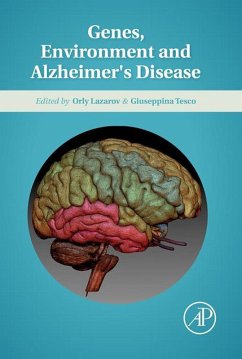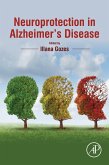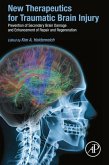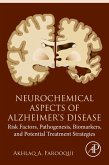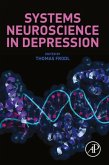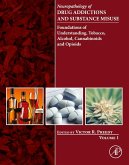It is now clear that brain insult is an environmental risk factor for AD, while on the other hand, lifestyle components such as exercise and level of education may play a protective role, delaying the onset and/or severity of the disease. Evidence from experiments in rodent models of Alzheimer's disease contributes major insight into the molecular mechanisms by which the environment plays its role in AD. Additionally, there are diseases related to lifestyle that may lead to AD. This volume reviews new discoveries related to all these factors, serving as a translational tool for clinicians and researchers interested in genetic and environmental risk factors for the disease.
- Provides the first volume to link genetic and environmental risk factors for Alzheimer's disease and dementia
- Aids researchers and clinicians in understanding the basic mechanisms of Alzheimer's disease and cognitive decline
- Brings the basic science and clinical perspectives together in a single volume, facilitating translational possibilities
- Includes a range of molecular to behavioral components assembled into a single volume that creates an excellent resource for basic and clinical neuroscientists
Dieser Download kann aus rechtlichen Gründen nur mit Rechnungsadresse in A, B, BG, CY, CZ, D, DK, EW, E, FIN, F, GR, HR, H, IRL, I, LT, L, LR, M, NL, PL, P, R, S, SLO, SK ausgeliefert werden.

